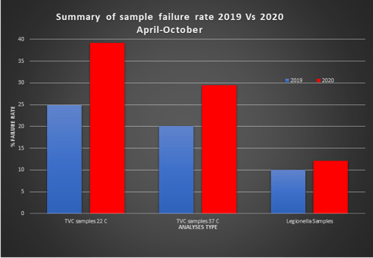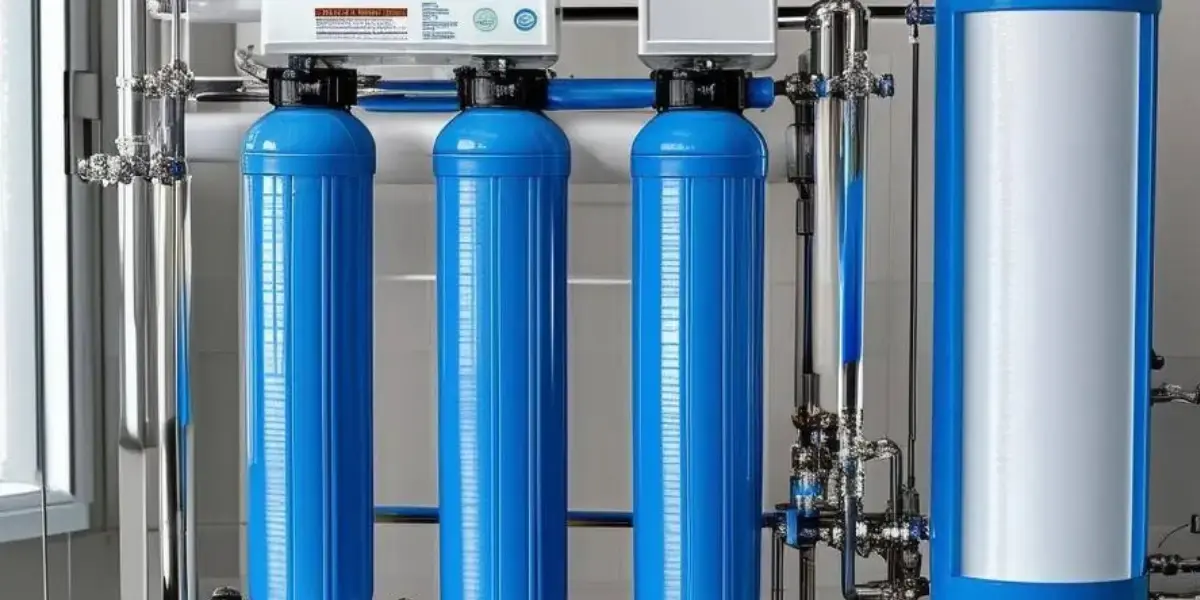COVID19: the last lockdown?
WCS Group continue to operate in a safe and controlled manner during the current pandemic as identified "key workers", keeping water, air and asbestos safe and controlled, and ensuring buildings and properties are able to prove statutory compliance is being maintained during this time.As a follow up to our previous posts, which we hope you found useful, we are providing a handy reminder for things to consider as we unlock for hopefully the last time. To back this up, the MOD has recently released guidance backing up the advice we have previously provided so it’s good to know we are on the right track!
This unlock feels different to the last, with a bit more clarity and a lot more phasing. However, this does highlight areas that you may wish to consider, including the continuation of social distancing measures as the lockdown eases. In many cases there will have been reduced building occupancy which may have required additional tasks that were undertaken to protect the water quality in buildings, such as increased flushing.
Over the last 6 months we have been gathering significant amounts of data in this regard and we have seen a greater than 50% rise in general bacteria levels (TVC) and potentially more concerning, a 20% increase in positive Legionella samples being returned from independent UKAS accredited laboratory testing on a like for like basis.

We hypothesise that this may be due to a lack of flushing in some cases, but also poses the question of “how effective has the flushing been?" Of course, every building and water system is different but we would strongly advise that if water systems have been left live in a reduced occupancy building you may want to ask these questions:
-
Are we happy with the current risk assessment?
- Should we sample the system to confirm its current state?
- Do measures we put in place to reduce water capacity need to be reversed?
We will, most likely, see the return of good practice in encouraging social distancing having an unintended consequence of impacting on water quality. We previously noted sinks and outlets being put out of use to promote good distance between people when washing hands or using facilities such as wash down stations. Unfortunately, in many cases we have observed that those outlets have been left out of use for some time, with no flushing or rotation of the out of use outlets and without recording the rotation or flushing regimes. This may also be a contributing factor to the marked increase in the sample failure rate.

As building occupancy is lower, this may extend to larger pieces of core plant such as calorifiers, cooling towers and hot water generators where the potential risk is much greater. Another question might be: do you have a robust re-commissioning process in place to mirror the return of your building occupants?
If you are unsure about the water quality in your building, please do not hesitate to contact your WCS Group account manager or contact us at info@wcs-group.co.uk.
Topics: Water Treatment & Hygiene

Written by Jon Greaves
Jon has progressively worked through operational roles, account management, technical management, and senior management roles over the last 16 years within one of the group companies before moving into the role of Water and Air Managing Director. Jon has experience across multiple sectors of water and air compliance, including district energy networks; data centres; healthcare; food and beverage and facilities management. Jon acted as a corresponding steering committee member on CIBSE CP1 – Heat Networks Code of Practice for the UK released in 2020.



